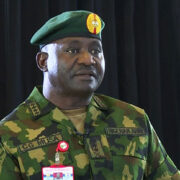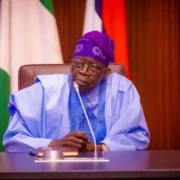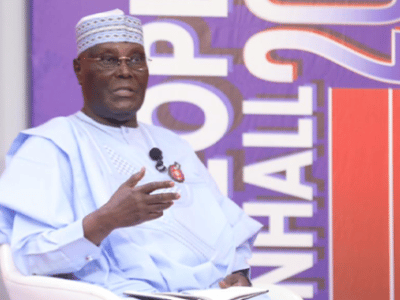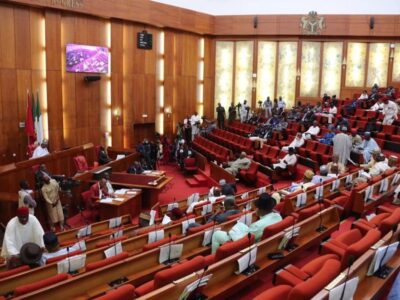Former President Olusegun Obasanjo has expressed concern over the absence of formal leadership training in Nigerian politics, describing it as one of the country’s major governance problems.
Speaking on Friday at the second edition of the annual Ajibosin Platform Symposium held in Abeokuta, Ogun State, and themed “Importance of Leadership in Governance,” Obasanjo noted that while other professions require proper education and mentorship, politics remains the only field where individuals enter without any form of training or preparation.
“It’s only in politics that I found out there is no training for leadership,” Obasanjo said. “Even among armed robbers, I was told there is apprenticeship. But it’s only in politics that there is no training on leadership. That’s not good enough. If you want to be a teacher, you go for teacher training; but in politics, people just jump in. That’s part of our problem.”
The former president emphasized that effective leadership is built on exposure, experience, training, and character, adding that Nigeria’s political space must prioritize these values to produce capable and ethical leaders.
Delivering the keynote address, former Minister of Aviation, Osita Chidoka, linked Nigeria’s persistent governance challenges to what he described as “a culture of excuses and politics of alibi.” He urged Nigerians to dismantle systems that reward mediocrity and nepotism while promoting accountability and competence.
“Leadership finds its true measure not in speeches or charisma but in the systems it leaves behind,” Chidoka stated. “Moral conviction must translate into the machinery of governance—rules, routines, and institutions that make competence predictable and corruption difficult. Nigeria’s problem has never been a shortage of ideas; it is the absence of systems strong enough to outlive their authors.”
The convener of the symposium, Aare Olanrewaju Bakinson, explained that the annual lecture was established to explore the link between leadership quality and national development.
“Leadership is not just about power; it’s about responsibility, vision, and service,” Bakinson said. “As we explore this theme, we seek to understand how ethical and effective leadership can transform governance and improve the lives of citizens.”
The event brought together policymakers, scholars, and civic leaders to deliberate on how training, accountability, and institutional integrity can strengthen Nigeria’s democratic culture and governance structure.




















Comments